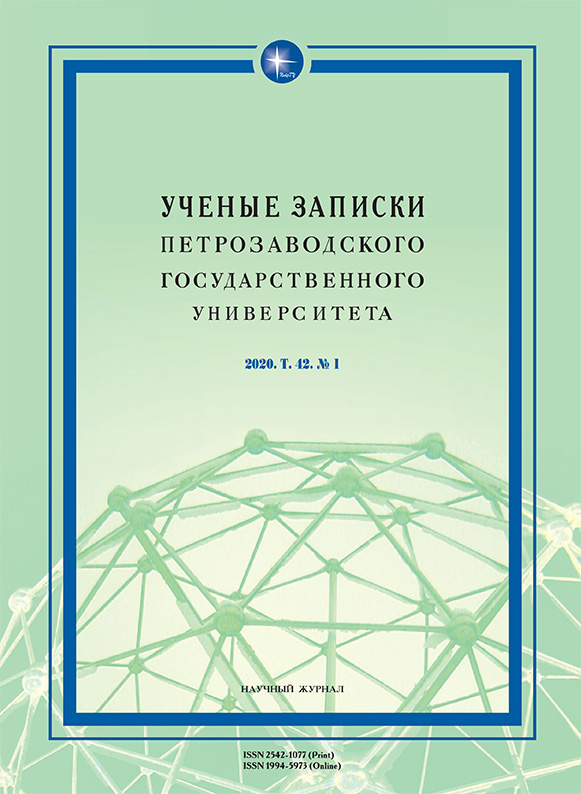Возможность синонимических замен в устойчивых сочетаниях (экспериментальное и корпусное исследование)
POSSIBILITY OF SYNONYMIC REPLACEMENT IN COLLOCATIONS (EXPERIMENTAL AND CORPUS RESEARCH)
Author(s): Vadim Alekseevich BelovSubject(s): Language and Literature Studies, Psycholinguistics, Sociolinguistics
Published by: Петрозаводский государственный университет
Keywords: collocation; idiom; mutual information; synonymy; corpus linguistics; psycholinguistics; idiomatic meaning;
Summary/Abstract: The purpose of the paper is to analyze the degree of variation of collocations and idioms (phraseological units). The relevance of the study is that there are many collocations with different degrees of stability, but there are no criteria of stability/variation of collocations and idioms. Originality is connected with using mutual information statistical indicator for predicting the variability (stability) of collocations. Mutual information is a special statistical tool for measuring the collocation strength. The research method is based on the psycholinguistic experiment and the Russian National Corpus data. Two hundred and sixteen subjects took part in the experiment. The subjects’ task was to choose a synonym for a given context. For the experiment we selected 56 collocations with different degrees of stability, and then selected entries with these collocations from the Russian National Corpus. The results demonstrated no direct correlation between mutual information and the results of experiment. Therefore, it was assumed that the selection of synonyms in an utterance is affected by certain cognitive and pragmatic features: the idiomatic meaning of an utterance, the categorical meanings of the words in a collocation, the general meaning of an utterance, and the frequency of a collocation in modern speech.
Journal: Ученые записки Петрозаводского государственного университета
- Issue Year: 42/2020
- Issue No: 1
- Page Range: 48-55
- Page Count: 8
- Language: Russian

